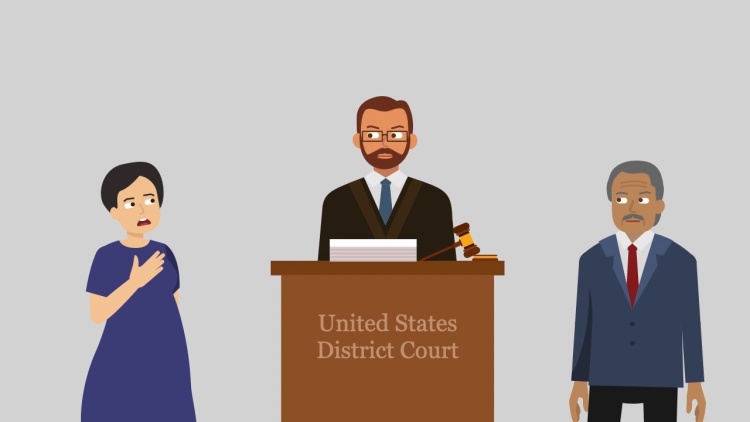Cestonaro v. United States
United States Court of Appeals for the Third Circuit
211 F.3d 749 (2000)
- Written by Craig Conway, LLM
Facts
An Italian citizen, Daniele Cestonaro, was shot and killed one evening near his vehicle in the Hospital Street parking lot while he and his family were vacationing in the Virgin Islands. The parking lot fell within the boundaries of the Christiansted National Historic Site that was owned and controlled by the National Park Service (NPS), an agency of the United States Department of Interior (defendant). Daniele’s wife, Giovana (plaintiff), filed suit in federal district court against the NPS under the Federal Tort Claims Act (FTCA) and the Virgin Islands Wrongful Death Statute, alleging that the NPS was negligent in failing to provide adequate lighting, signs, or other warnings of the dangers of nighttime parking in the lot. Cestonaro’s complaint alleged that, although the area was not the typical paved and marked parking lot, the general public had used the space as a parking lot since the 1940’s. Additionally, Cestonaro claimed that the NPS was aware that crimes regularly occurred in the lot. Although the NPS did not post signs or warn individuals of the dangers of nighttime parking in the lot, it installed and maintained five large lights illuminating the lot at night. The district court granted the NPS’s motion to dismiss the complaint, finding that the discretionary-function exception to the FTCA’s waiver of sovereign immunity barred Cestonaro’s suit. Cestonaro appealed.
Rule of Law
Issue
Holding and Reasoning (Scirica, J.)
What to do next…
Here's why 907,000 law students have relied on our case briefs:
- Written by law professors and practitioners, not other law students. 47,100 briefs, keyed to 996 casebooks. Top-notch customer support.
- The right amount of information, includes the facts, issues, rule of law, holding and reasoning, and any concurrences and dissents.
- Access in your classes, works on your mobile and tablet. Massive library of related video lessons and high quality multiple-choice questions.
- Easy to use, uniform format for every case brief. Written in plain English, not in legalese. Our briefs summarize and simplify; they don’t just repeat the court’s language.





